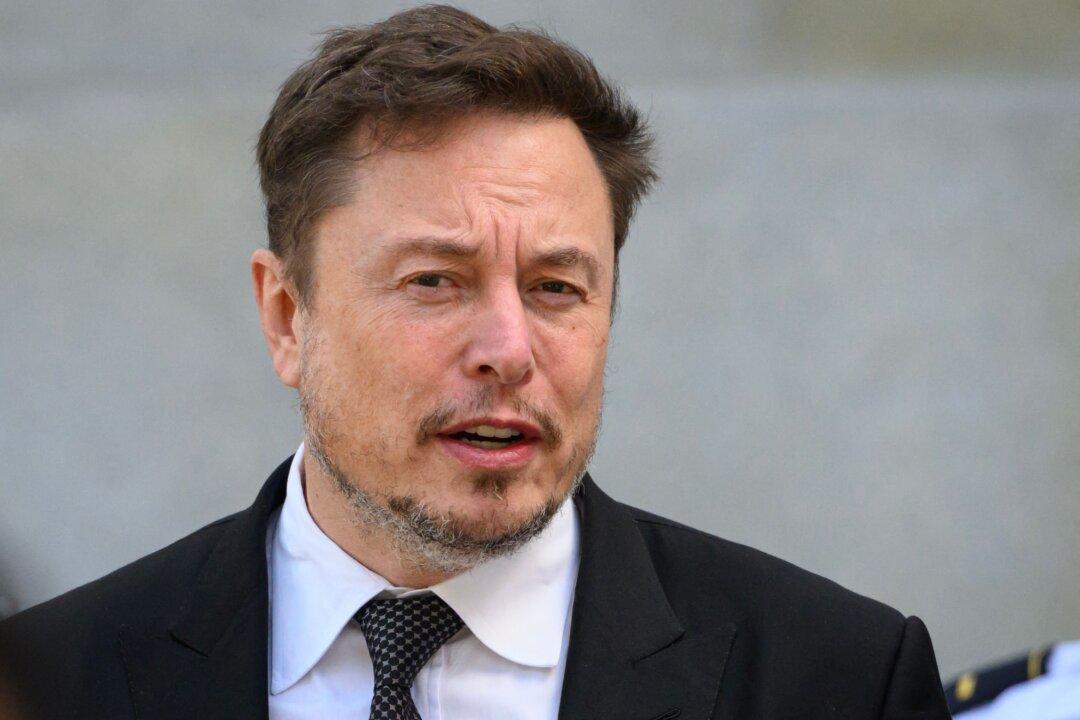OpenAI has struck back at industrialist Elon Musk’s accusations that it abandoned its original plans to be an open-source developer, releasing reproduced emails that allegedly show the billionaire entrepreneur’s early support of creating a for-profit AI company and merging it with Tesla.
Mr. Musk helped launch and fund OpenAI in its early years. In last month’s lawsuit against the company and its leaders, he argued that he invested time and resources to get the AI start-up off the ground, on the condition that it would remain a nonprofit “dedicated to creating safe, open-source AGI [artificial general intelligence] for public benefit.”





